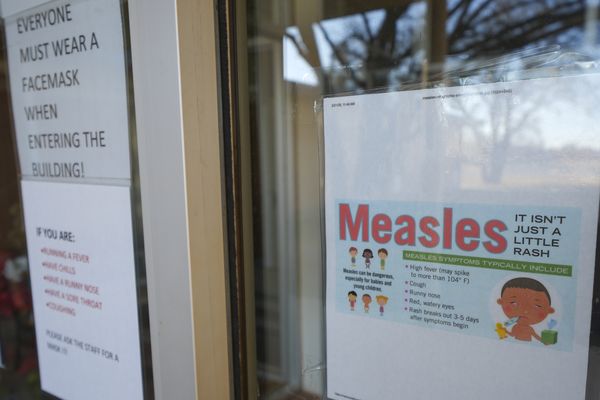Sainsbury's has announced that it will stop selling Russian diesel at every single one of its petrol stations to show its support for Ukraine. More than 300 forecourts nationwide are operated by Sainsbury's and all of them will be affected by the change.
The supermarket giant said it has already "taken steps to show support" by funding the humanitarian effort and removing products which are 100% sourced from Russia. A spokesperson for Sainsbury's said they're now working to support the ban on Russian oil imports, which is due to take effect by the end of this year, Birmingham Live reports.
Rhian Bartlett, food commercial director at Sainsbury's, said: "We stand united with the people of Ukraine and have taken a range of steps to show our support - from helping to fund the humanitarian effort on the ground, to removing products from our stores which are 100% sourced from Russia.
Read more: BBC Eat Well For Less viewers left confused as host Greg Wallace replaced
"We have been working hard to reduce the amount of diesel we sell which comes from Russia since the early days of the conflict." The spokesperson continued: "This is a complex process but we are committed to working together with the rest of the UK fuel industry and Government to support the ban on Russian oil imports, which is due to take effect by the end of this year."
Diesel prices have soared to a new record high despite the cut in fuel duty, figures show. The average cost of a litre of the fuel at UK forecourts on Monday was 178.4p, according to Government data.
The previous record of 177.5p was set two days before Chancellor Rishi Sunak implemented a 5p per litre cut in fuel duty on March 23. Analysis by the PA news agency revealed that filling up a typical 55-litre family diesel car is around £26 more expensive than a year ago. This is due to a 48p per litre rise in average prices.
Read next:







